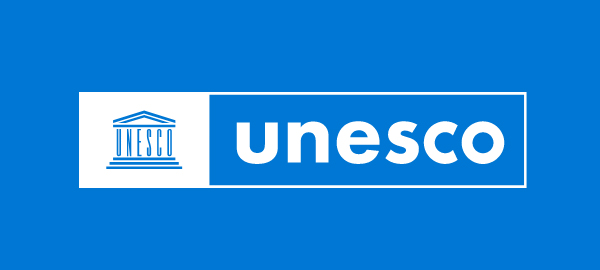Politiscope recently held an event at the Croatian Journalists’ Association to highlight the human rights risks of AI.
As Croatia begins drafting a national law to implement the EU AI Act, the event aimed to push for stronger protections and transparency instead of relying on vague promises of innovation.
Croatia’s working group is still forming key elements of the law, such as who will enforce it, making it an important moment for public input.
Experts warned that AI systems could increase surveillance, discrimination, and exclusion. Speakers presented troubling examples, including inaccurate biometric tools and algorithms that deny benefits or profile individuals unfairly.
Campaigners from across Europe, including EDRi, showcased how civil society has already stopped invasive AI tools in places like the Netherlands and Serbia. They argued that ‘values’ embedded in corporate AI systems often lack accountability and harm marginalised groups instead of protecting them.
Rather than presenting AI as a distant threat or a miracle cure, the event focused on current harms and the urgent need for safeguards. Speakers called for a public register of AI use in state institutions, a ban on biometric surveillance in public, and full civil society participation in shaping AI rules.
A panel urged Croatia to go beyond the EU Act’s baseline by embracing more transparent and citizen-led approaches.
Despite having submitted recommendations, Politiscope and other civil society organisations remain excluded from the working group drafting the law. While business groups and unions often gain access through social dialogue rules, CSOs are still sidelined.
Politiscope continues to demand an open and inclusive legislative process, arguing that democratic oversight is essential for AI to serve people instead of controlling them.
Would you like to learn more about AI, tech and digital diplomacy? If so, ask our Diplo chatbot!














































